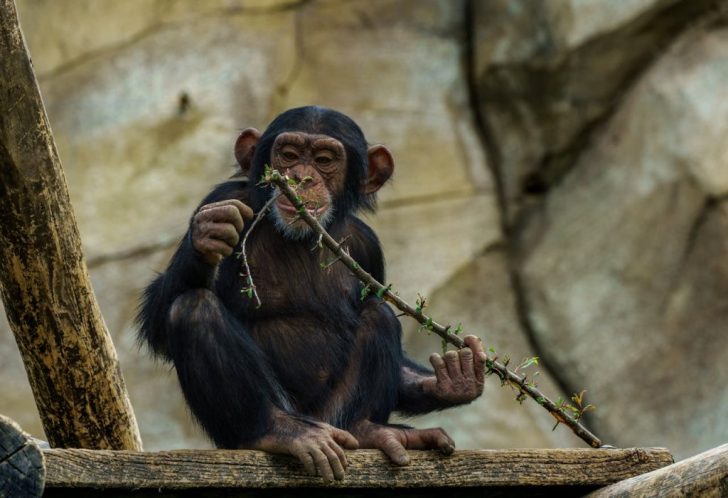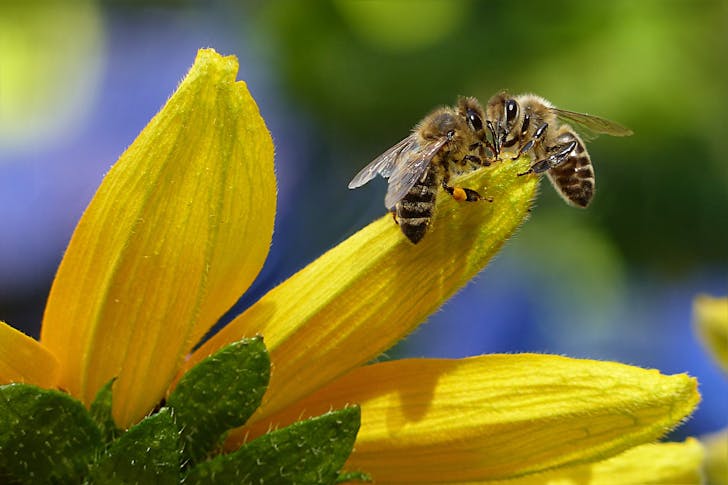How Animal Culture Is Way More Sophisticated Than Humans
Human culture is often seen as the gold standard of intelligence. Language, art, science – we have built cities, landed on the moon, and made pizza delivery possible. But animals are doing some pretty mind-blowing stuff too.
And no, it is not just survival instincts or basic habits. We are talking full-on traditions, social learning, and even technological progress.
Until recently, scientists believed culture was what made humans so special. But now, the more we look at animals, the more that idea crumbles. It turns out that animals are out here living their best-cultured lives – and they are better at it than we thought.
Human Culture Isn’t as Unique as We Believed
For years, we joked that if you gave every chimpanzee a typewriter, you would get Shakespeare… or the end of time. Well, the joke is over. Last year, a group of mathematicians proved that the chance of a chimp ever typing the word “bananas” is only 5%. That is one banana in a lifetime. So, sure, chimpanzees are not writing plays but that doesn’t mean they lack culture.

Suju / Pexels / In the wild, chimpanzees use sticks to fish termites from holes. In some regions, they crack nuts with rocks, but others don’t.
That difference? It is not instinct. It is learned behavior passed down like family recipes. That is culture. And it changes from group to group, just like human culture.
Ants and Whales Are In On It Too
Ants don’t seem like the cultural type, but if you watch them long enough, they will surprise you. Some species teach others where to find food using a method called tandem running. One ant leads, and the other follows. If the learner falls behind, the leader slows down. That is teaching – real, intentional teaching. It is simple, but it works.
Whales take things to another level. Humpback whales share songs across ocean regions. They don’t just make noise. They remix their songs over time, and entire populations adopt the new versions. Think of it like Top 40 hits, but underwater and much older.
Bees Can Learn, Copy, and Improve
Bees were once written off as little buzzing robots. Not anymore. In a study published last year, researchers taught bees to roll a ball into a goal to get a reward. The kicker? Other bees watched and copied the trick – some even did it better. These insects were learning from others, just like we do.
That shakes the idea that complex culture needs complex hardware. It doesn’t. It just needs the right conditions.
Culture Isn’t Just About Tools and Tricks

Pixabay / Pexels / Bees have brains smaller than a sesame seed, yet they manage to absorb and pass down knowledge.
We used to think human culture was unique because of how advanced it is – writing, tech, civilization. But those are just the visible results. Culture starts with something simpler: learning from others and passing it on. That is what ants, whales, chimps, and bees are doing. In their world, these skills are just as powerful as our smartphones and symphonies.
Even fish show signs of culture. Coral reef fish have been seen copying migration routes from older fish. When elders are removed, the younger ones get lost. That’s tradition in action. And it plays a key role in survival, just like our customs often do.
The Human Culture Puzzle Just Got Harder
For decades, biologists thought the gap between humans and animals was clear. We had culture, and they had instincts. Now we know better. Animal culture is everywhere. It is rich and diverse, and in some ways, it mirrors ours. So why did ours explode while theirs stayed mostly the same?
The truth is, we don’t fully know. Scientists have been searching for a magic ingredient—something in our brains, our environment, or our social lives that gives us the edge. But every time they find a new clue, they uncover more complexity in animal behavior. The better we understand animals, the blurrier the line becomes.